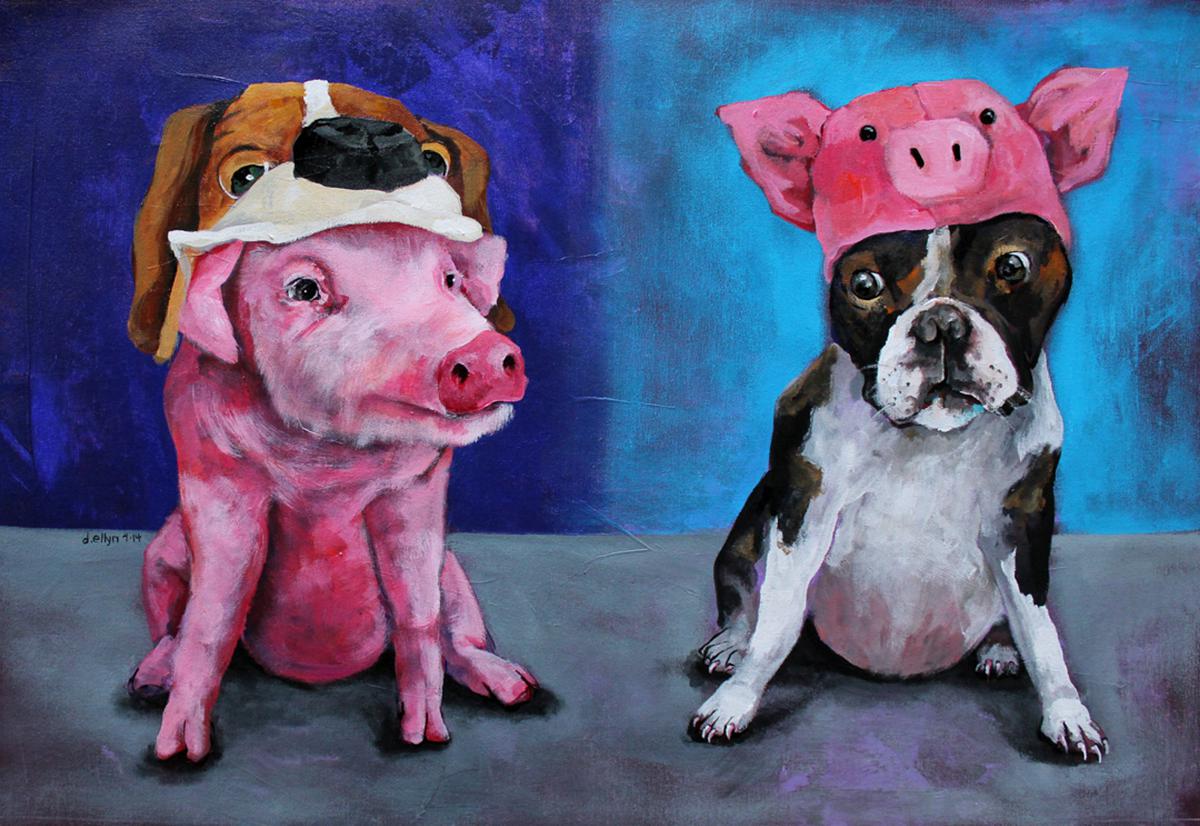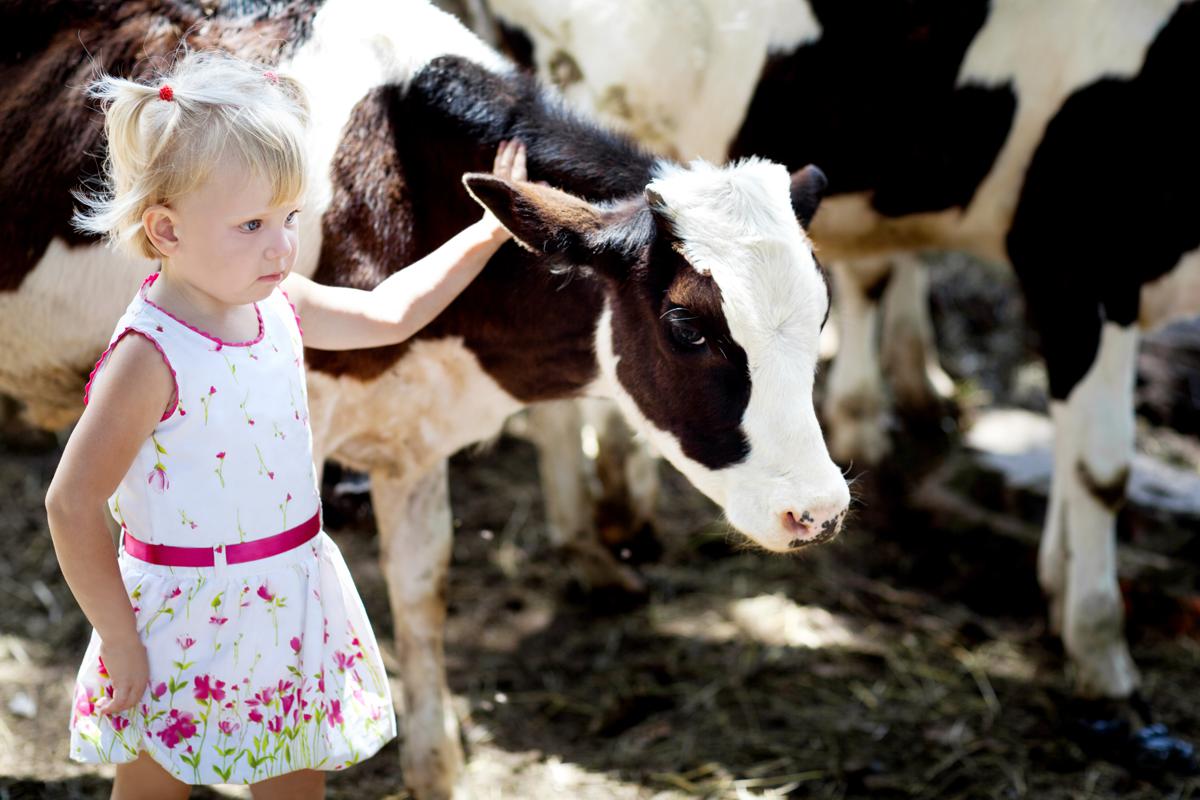Our Approach
DEVELOPING EMPATHY
We believe a key aim in education is to create a culture of empathy and caring by stimulating the moral development of children. Empathy is a valuable skill, and psychologists have highlighted empathy’s central place in the bank of social and emotional skills that young people need to thrive.
Our educational approach seeks to build on children’s natural love and desire to help and protect animals. It is this identification of commonality (and beautiful difference), which also helps them to develop empathy and compassion for other people and the environment.
We want to encourage children’s empathy for animals, without teaching them to draw arbitrary lines between those they can and cannot care about. We believe education which promotes the idea animals are chiefly ‘products’, undermines the teaching of empathy and denies children the opportunity to think about their moral values and the ethical choices available to them.
Learn more
Psychological research demonstrates that we show more empathy to those who are like us than those who are not. Expanding our circle of empathy to those who do not look or act like us but share the same capacity for emotion and suffering is vital; the more we empathise with the plight of others, the more ethically we behave towards them. This expansion of empathy must necessarily include animals.
By extending this circle of compassion to all living beings, we can stimulate the development of empathy in children which will help them improve all of their interpersonal relationships. This approach complements school goals of social-emotional learning, anti-bullying initiatives and creating global citizens responsible for ensuring a more ethical, just and sustainable world.
The crisis facing our planet from animal exploitation, human injustice and ecological degradation calls for educators to equip learners with the tools to think critically and encourage creative and impactful solutions to these interconnected global challenges. By including animal compassion in the curriculum, we can make a positive difference – for humans, animals and the planet.
Socrates
“The highest realms of thought are impossible to reach without first attaining an understanding of compassion”
Dr Albert Schweitzer
“Until we extend our circle of compassion to all living beings, humanity will not find peace.”

WHY ANIMALS MATTER
As educators, we can facilitate great opportunities for children and young people’s moral growth by extending our ethical considerations to the status of non-human animals.
Society often creates arbitrary barriers to other members they perceive as different or inferior. So much social injustice and violence has been justified on perceived differences such as race, religion, gender or disability. The justification for such discriminatory ill-treatment has often been based on the mistaken belief that those deemed to be ‘different’ lack the capacity to think and feel and are therefore unworthy of moral consideration.
We continue to learn that such perceptions of ‘difference’ are manifestly unjust and have resulted in great suffering. In society today, there is a growing concern in our ethical treatment of animals; are they really so ‘different’ they are unworthy of moral consideration?
Learn more
Scientific investigations confirm that animals are sentient, cognitive and aware. The difference between humans and other animals are acknowledged as differences in degree not in kind, with both capable of being empathic, compassionate and fair beings. Yet, despite this knowledge we continue to treat animals as mere things, tools, machines or commodities.
Animal objectification appears to be normalised and embedded in education, with the customary division between ‘humans and animals’ treated as a natural divide rather than a culturally constructed concept. To bring balance in the curriculum, students should be encouraged to challenge this human-centric approach which allows us to treat animals as objects and not as beings with moral significance.

Speciesism by Dana Ellyn
Arthur Schopenhauer
“It will not merely do to refrain from direct acts of abuse or violence towards animals: we must also withdraw our support, both morally and practically, from those enterprises, the very basis of which is the abuse and the oppression of other sentient beings.”

Andrew Linzey
“Feeling for animals and seeing firsthand the realities of exploitation must go hand in hand with an appreciation that ethical sensitivity has a strong rational basis. The debate about animal rights is not about aesthetic taste but moral truth.”
Alice Walker
“The animals of the world exist for their own reasons. They were not made for humans any more than black people were made for white, or women created for men.”

